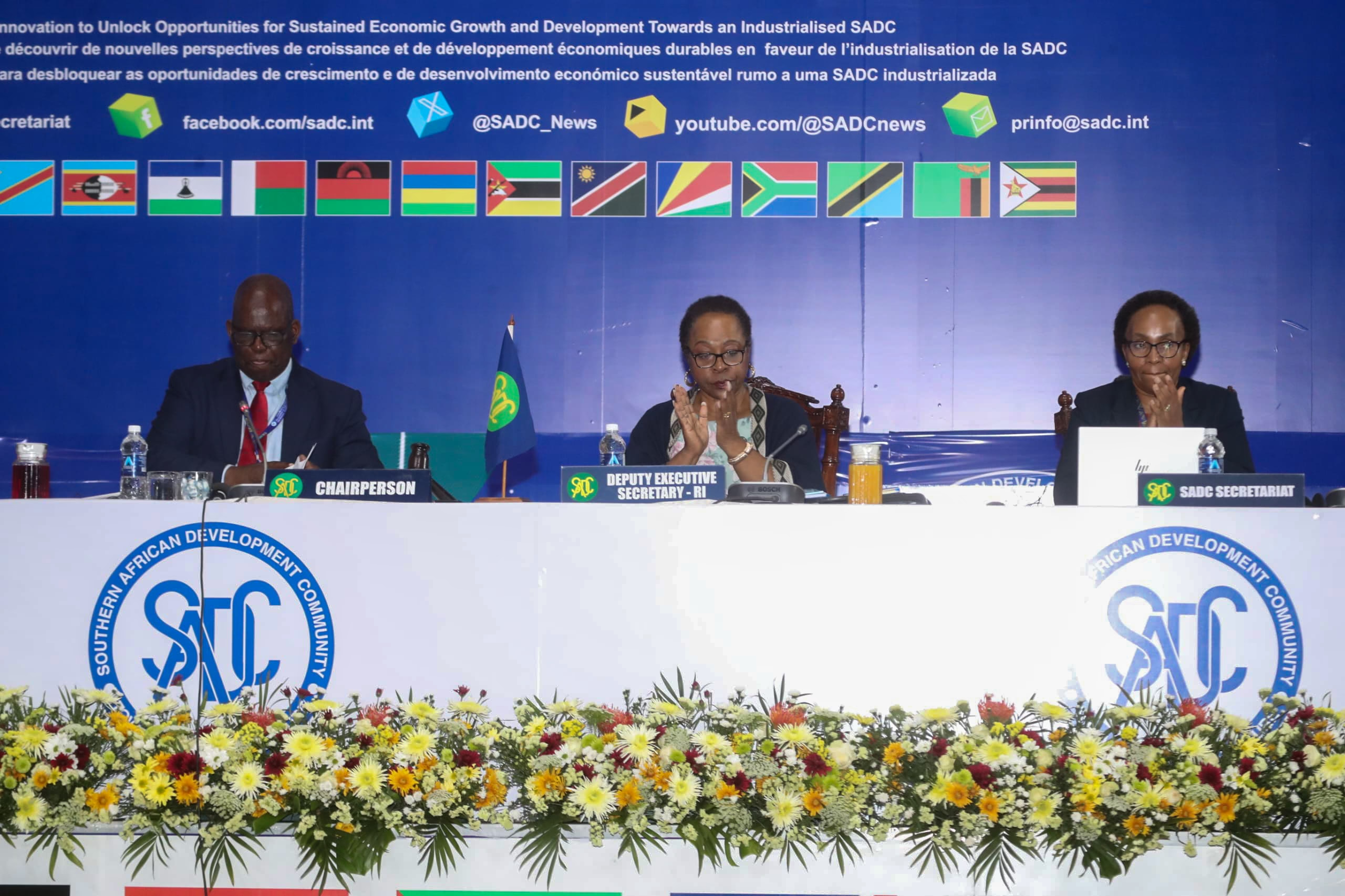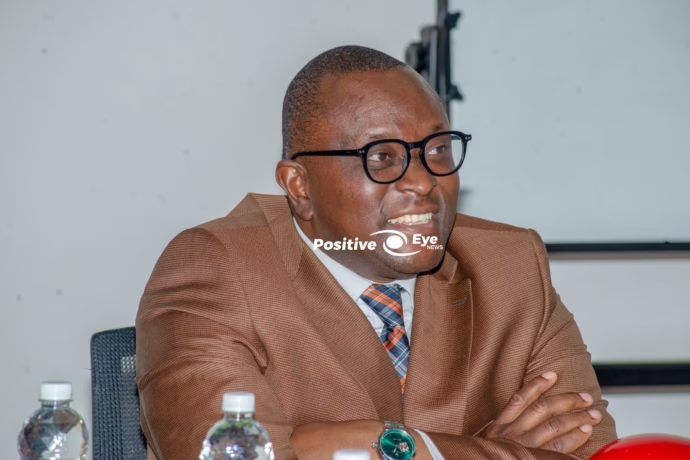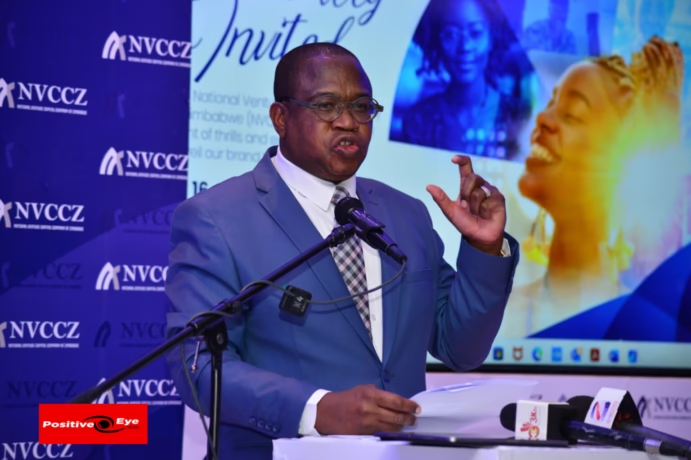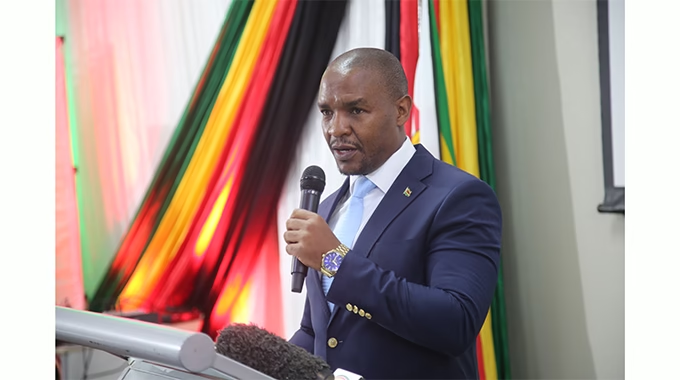
Regional leaders gathered at the Harare International Conference Centre on Thursday for the SADC High-Level Ministerial Round Table Dialogue on Foundational Literacy and Numeracy, reaffirming their commitment to transforming the education landscape across Southern Africa.
In his opening address, Zimbabwe’s Minister of Primary and Secondary Education, Hon Dr. Torerai Moyo, welcomed delegates with a passionate call to action. He underscored the urgent need to address the widespread gaps in basic education across the region, calling literacy and numeracy the “bedrock upon which all further learning is built.”
“Today, we gather in Harare, united by a shared vision, to transform education and empower our region’s future generations through equitable, inclusive, and quality learning,” said Hon Dr. Moyo.
Despite notable strides made in education since independence, the region continues to grapple with disparities in infrastructure, teacher training, and resource distribution, leaving millions of children without access to foundational skills. The dialogue, which brought together ministers, senior officials, and regional partners, sought to align national efforts with SADC’s Regional Indicative Strategic Development Plan and the United Nations Sustainable Development Goal 4 (SDG4).
Zimbabwe’s efforts were spotlighted as a model within the region. Hon Dr. Moyo highlighted the country’s legacy of promoting adult literacy and its proactive initiatives in early-grade learning. He cited the Early Reading Initiative, launched in 2013 with support from the Global Partnership for Education, and Zimbabwe’s pioneering adoption of the Teaching Handwriting Reading and Spelling Skills (THRASS) methodology to boost English proficiency in early learners.
“Zimbabwe was among the first on the continent to prioritise foundational literacy and numeracy in the early grades. Our internal assessments at the end of Grade 2 are helping ensure learners are ready to transition into the next phase of their education,” he said.
The Minister also applauded the unwavering support of the SADC Secretariat in convening the dialogue and urged fellow leaders to approach the roundtable with “openness, urgency, and a spirit of solidarity.”
The dialogue aims to strengthen regional cooperation, promote the exchange of best practices, and forge partnerships that ensure no child is left behind in accessing quality foundational education. As the roundtable opened, a renewed sense of purpose and collective responsibility filled the air, a promise that Southern Africa is ready to invest in the minds that will shape its future.
With the opening declaration, the SADC High-Level Ministerial Round Table Dialogue officially commenced, setting the stage for what is expected to be a transformative chapter in regional education policy.




